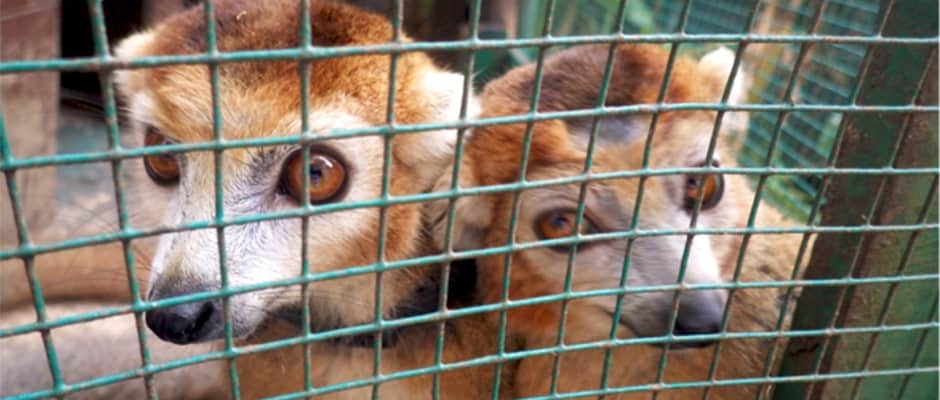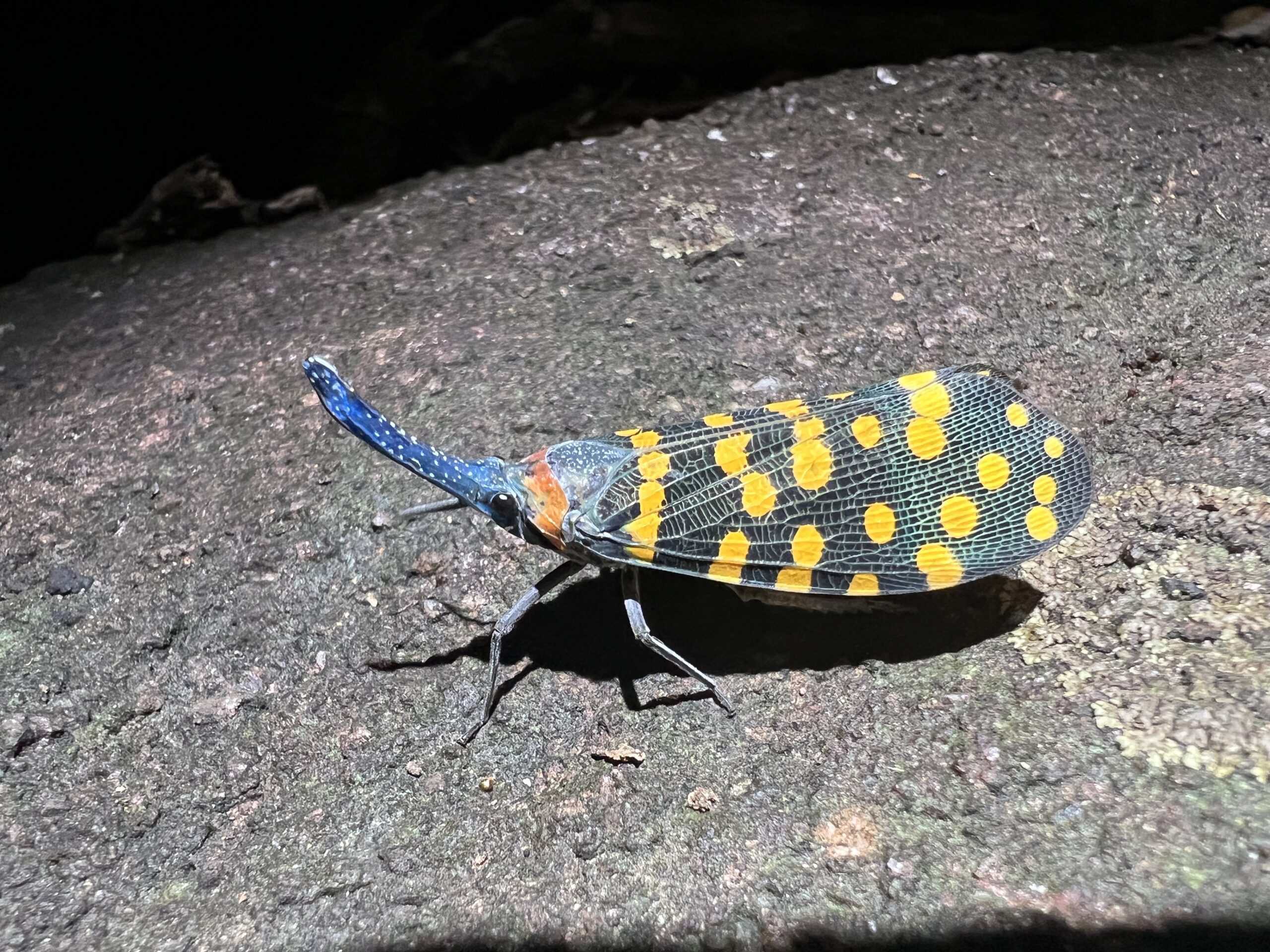Share this article
Madagascar pet trade threatens lemur populations
The illegal pet trade in Madagascar adds to threats lemurs face like habitat loss and climate change, according to a new study.
“There was this big threat to lemurs that nobody had ever collected data on,” said Kim Reuter, technical director of Conservation International in Nairobi and lead author of a new study published the American Journal of Primatology. “People didn’t even acknowledge this was a problem until last year.”
The study used an online survey that collected information on pet lemur sightings, including where they were found and where possible, what species were being used as pets.
“A lot of lemurs are kept by households because they’re cute,” Reuter said, adding that many hotels and restaurants who draw profits from tourism also like to keep pet lemurs due to the photo opportunities it presents for visitors.
Their interviews and extrapolated data predicted that around 28,000 lemurs were taken into captivity between 2010 and mid-2013.
Of the lemurs that were seen in different areas, 28 percent of the species were ring-tailed lemurs (Lemur catta), followed by others like common brown lemurs (Eulemur fulvus) and crowned lemurs — of which there are only around 1,000 individuals estimated left in the wild.
“That’s a little bit scary that [crowned lemurs] are one of the most popular ones,” Reuter said of the pet trade.
As part of a forthcoming study in Folia Primatologica, Reuter and a coauthor also examined the conditions of pet lemurs. Some lemur species are so endangered in the country that some people have suggested that the pet trade may be a way to sustain their numbers.
Reuter said that not all illegal owners treated the animals badly, according to their findings, but most of the lemurs weren’t kept in good condition — being kept in small cages, on tight leashes that caused skin lesions or fed an improper diet.
She hopes that her findings can help the government of Madagascar create guidelines for better lemur care and maintenance.
“More outreach, regulation and enforcement is needed to ensure the illegal pet trade is curbed,” Reuter said in a release. “In addition, we need to begin working with the tourism industry in Madagascar to ensure that high-end resorts stop using lemurs as attractions to guests. Tourists need to know that it is not legal to remove lemurs from their native habitats.”
To learn more about lemurs, join The Wildlife Society’s field trip at the 2016 TWS conference in Raleigh, N.C. to the Duke Lemur Center, where you’ll have the chance to see nearly 250 lemurs from 21 different species.
Header Image: Crowned lemurs. ©Pet Lemur Survey










